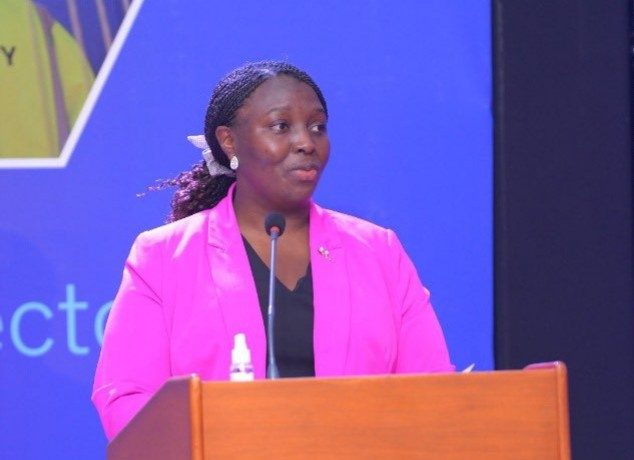Kampala, Uganda – Uganda’s energy sector has made significant strides in recent years, with the country achieving its target of increasing access to modern energy services to 60% by 2024/25, up from 24% in 2018/19.This progress was highlighted by the Permanent secretary of Minister of Energy during the NRM manifesto week.
Batebe, reported that the distribution network has expanded by approximately 15,000 km, totaling 65,992 km, and the number of grid-connected consumers has reached 2,189,522.
She also noted that they’ve implemented several programmes to increase energy access, including the Electricity Connections Policy (ECP) and the Energy Access Scaleup Project (EASP).
The initiatives aim to add 1.3 million new connections by 2030, with a focus on households, commercial enterprises, public institutions, mining centers, and industrial parks.
The energy ministry also disclosed that the country has made progress in enhancing its transmission capacity. The Kampala Metropolitan System project is underway, which will add 890MVA and reconduct at least 72km of high voltage transmission network around the metropolitan area.
Additionally, the Masaka-Mbarara 400kV Transmission Line and associated Substations Project is expected to be completed by December 2025.
The country has set ambitious targets for renewable energy, aiming to increase non-hydro renewable electricity generating capacity. Uganda has introduced feed-in tariffs for renewable energy projects under 20MW and plans to develop solar, geothermal, and biofuels.
Despite this progress, Uganda still faces significant energy challenges. The country’s reliance on biomass for cooking remains high, with around 95% of households using wood or charcoal as their primary energy source.
Affordability remains a major barrier to increasing access to electricity and clean cooking fuels. Addressing these challenges will require sustained investment, innovative solutions, and effective policy implementation.














